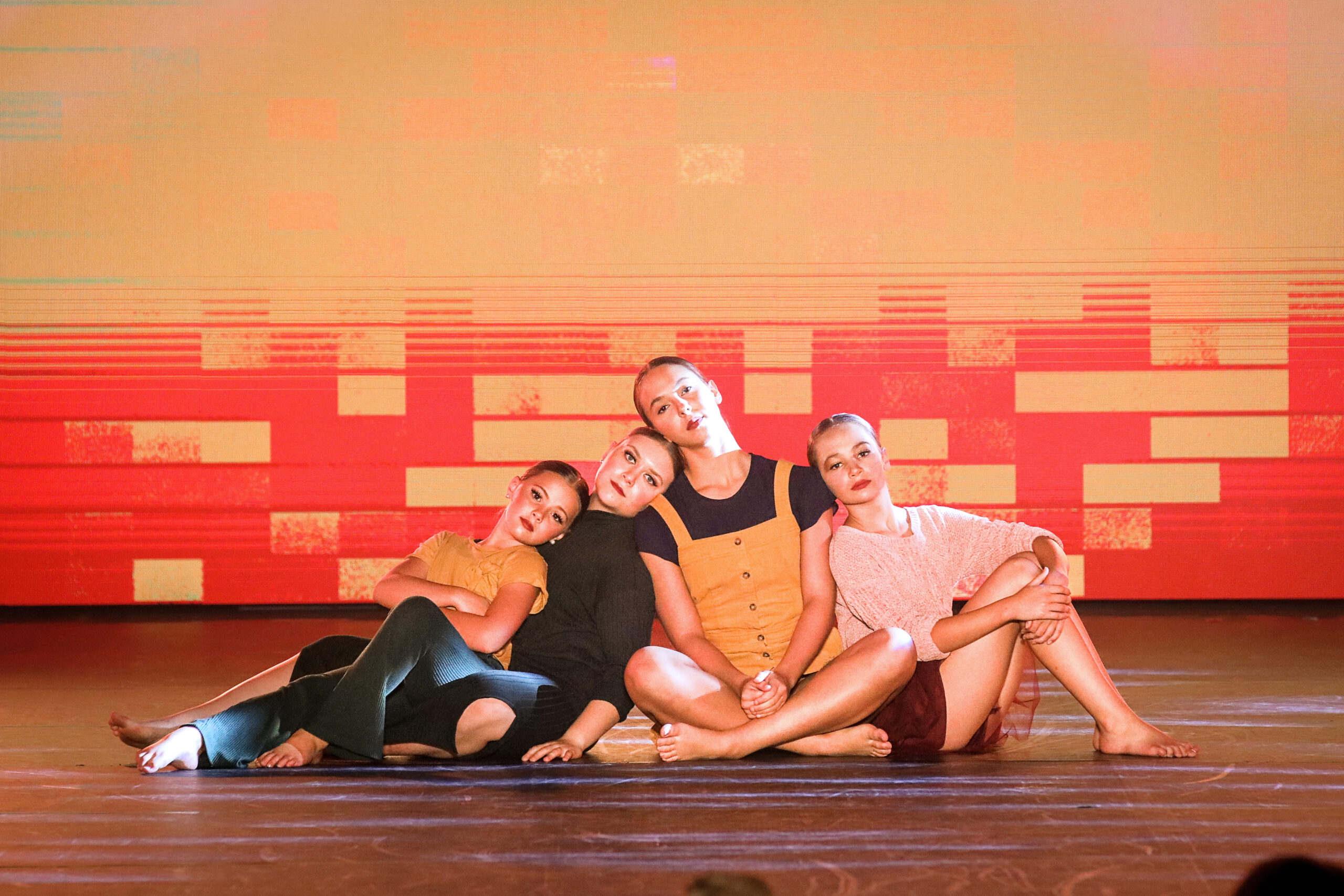5 Things Teachers Can Do to Set Their Students Up for Success at Nationals This Summer
With Nationals on the horizon for competitive dancers, spring is a great time to turn the focus toward the culmination of the dance school year. “The most important thing is making sure everyone is on the same page, far before you head to Nationals,” says Mandy Cowling Moore, owner of Slippers & Taps School of Dance in Robertsdale, Alabama. Providing dancers with a comprehensive plan for Nationals now gives them the ability to shine onstage, to fulfill their responsibilities to the team and to balance dance commitments with summer fun.
Planning Ahead
Open communication about the expectations (and costs) of Nationals gives students and their caregivers the opportunity to plan ahead, and lessens the possibility of surprises in the weeks leading up to the event. “We tell families at the very beginning of the dance year that we will be attending Nationals,” says Moore. “Fundraising needs to start early for families who need to offset expenses.”
Moore communicates her plans for Nationals rehearsals far in advance, so dancers and their families can balance family commitments, vacations and work schedules. “We release a summer schedule in the spring that includes the blocks of time for Nationals’ prep sessions,” she explains.
Setting Goals and Expectations
In addition to planning how to get to Nationals, it’s helpful to ask dancers to consider why they’re going. “We take the time to set and share goals individually and as a team,” says Karmen Smith, company director of Driven Dance Company, Slippers & Taps’ in-house competitive group. In Smith’s experience, after having shared personal intentions, dancers will help one another accomplish the goals they set.
Smith also communicates early her own expectations for dancers at Nationals. Many families like to use Nationals travel as a vacation opportunity and, while students should be given the time to enjoy their trip and relax, that cannot be the priority while at the event. “It can be tempting to see a six-hour window between a class and competition and think that is a perfect time to visit the pool or go to a park,” Smith says. “Make sure they know they can have fun, but they cannot exhaust themselves— they should make a plan so they can stay disciplined.”
Touching Up Technique
For many studios, Nationals fall right on the heels of spring recitals. “Refining technique is so important at this point in the year,” Smith says. “Classes are often taken over by recital choreography, so dancers have not been focused on technique.” At her school, the recital is followed by a two-week break, then Nationals rehearsals begin alongside an intensive with guest faculty members. “Having intensives in the middle of the rehearsal period prepares dancers for the intensity of Nationals week,” Smith says.
Beating Burnout
After months practicing the same moves, there’s a risk that the movement can become rote, so it’s important to try to cast routines in a new light before Nationals. Smith asks guest faculty from her school’s technique intensives to run rehearsals. “Not only does it bring new eyes and new perspective to each dance, but when a new person provides the critique, it feels different,” she says. If guest choreographers created numbers for the competition season, Smith invites them to come back and work with students again just before Nationals.
Another way to keep choreography fresh is to review judges’ critiques from Regionals. “Those critiques offer great, fresh perspective, so we return to that feedback and dive into aspects of the movement we have previously not considered,” Smith says. If something still isn’t working, make changes. Moore and Smith both acknowledge that it is important to use the weeks leading up to Nationals to address sections of dances that just do not work, integrate new skills and, if necessary, give numbers a facelift.
Making It Fun
Moore says that even with all the hard work leading up to Nationals, it’s also important that the rehearsal schedule allow students to have some fun. “Go to the beach, have slumber parties—make sure to enjoy summer,” she says. “The process should not become so stressful that you cannot enjoy yourself.” Smith agrees that with plans in place, expectations set and routines rehearsed, it’s important to have a good time at Nationals, as well. “Remind dancers to enjoy meeting new people and making friends from around the country,” she says. “And help them remember that this opportunity to be on a team and experience something like this is special.”




